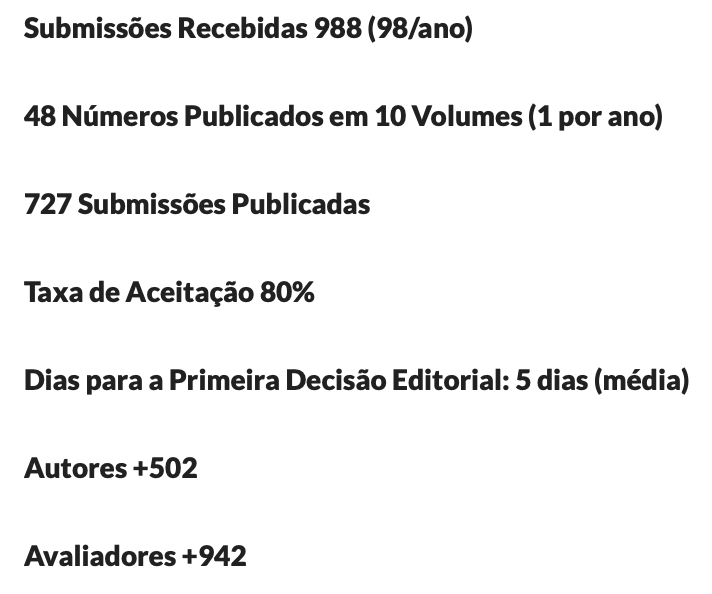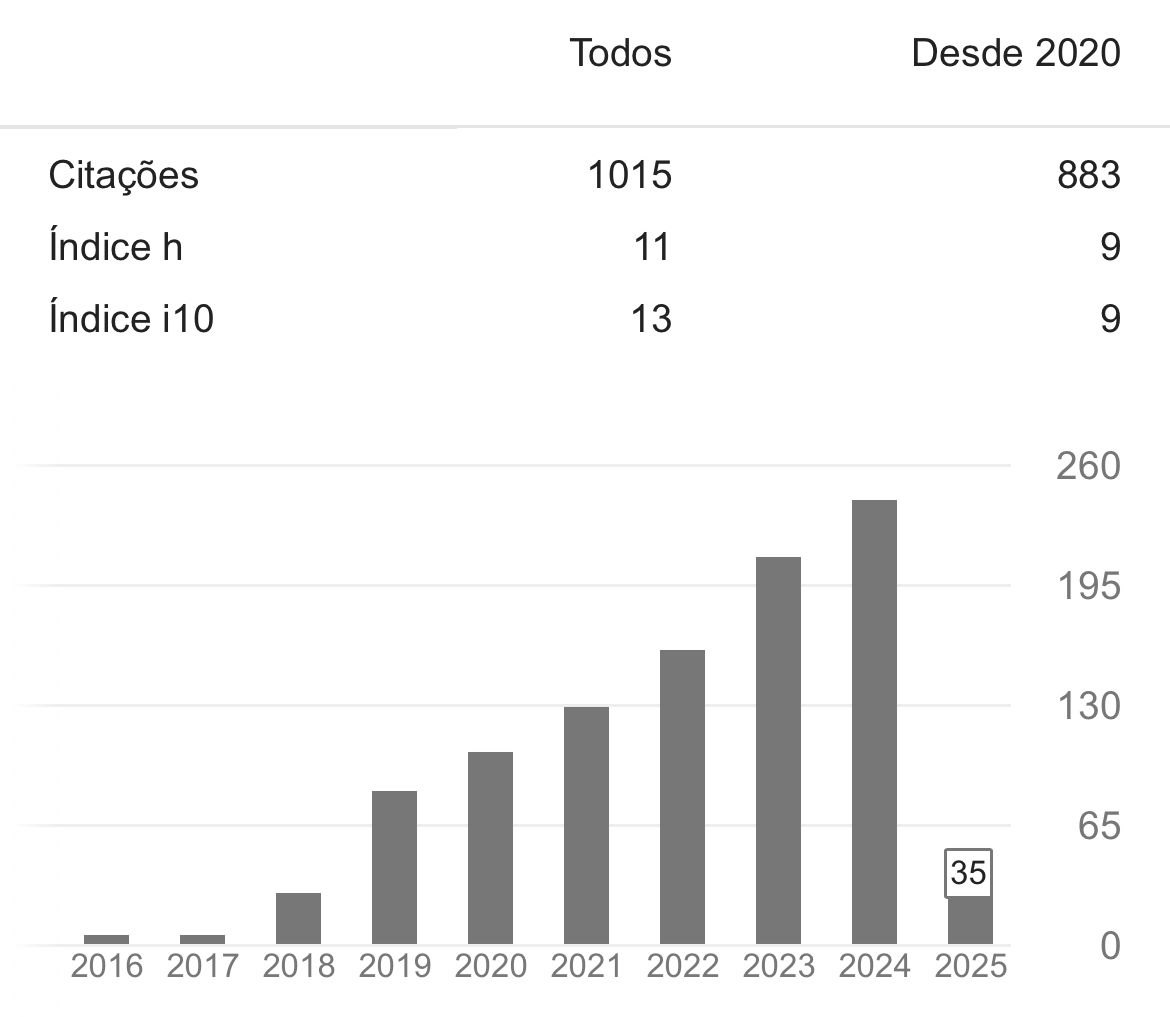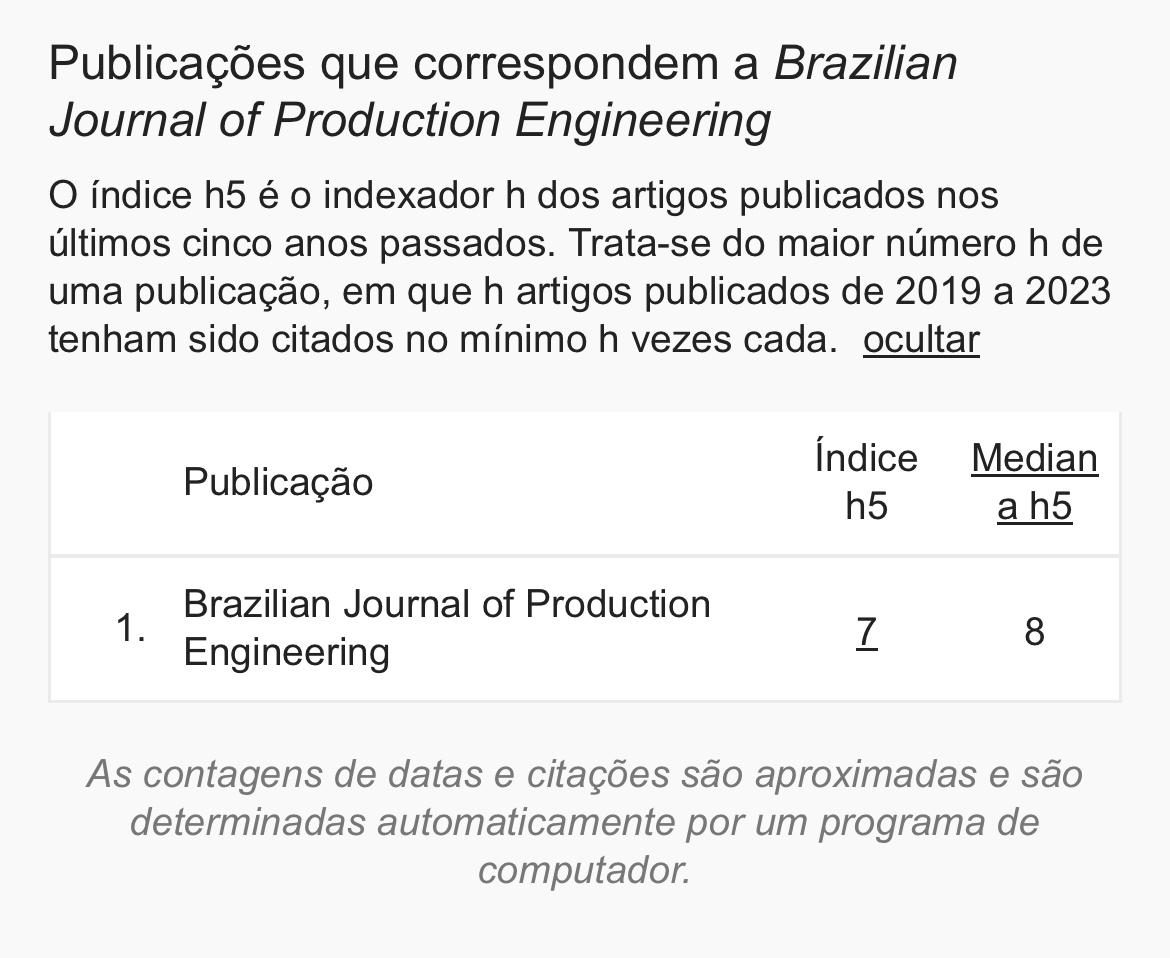O papel da engenharia na gestão de obras públicas: formação e atuação profissional
Palavras-chave:
Engenharia pública; Currículo; Administração pública; Licitação; Projeto básico.Resumo
O presente artigo aborda assuntos relevantes relacionados à atuação do engenheiro na gestão de obras públicas, enfatizando a importância de obter conhecimentos específicos durante a sua formação acadêmica, de modo que acumule informações para a boa prática profissional nessa área de atuação. O objetivo geral da pesquisa foi identificar lacunas nos currículos das universidades maranhenses estudadas que prejudicam a formação do engenheiro que pretende atuar em engenharia pública, uma vez que existem especificidades nas etapas de planejamento, execução e gerenciamento de uma obra pública que requerem competências profissionais específicas e que deveriam ser disponibilizadas no meio acadêmico. Em adição, procurou-se identificar o perfil do profissional que atua na engenharia pública, através da aplicação de um questionário e entrevista presencial para entendermos suas dificuldades, sugestões, a fim de estabelecermos relação da sua formação acadêmica com sua atuação profissional. Apresentamos e discutimos temas essenciais para o bom desempenho profissional. A delimitação desses temas foi baseada numa extensa pesquisa bibliográfica, bem como na experiência profissional do autor. Dessa forma, foram demonstradas as deficiências encontradas na formação do profissional que pretende trabalhar na engenharia pública, podendo a pesquisa contribuir para a atualização dos currículos no que diz respeito à formação para essa área específica.
Downloads
Referências
Brasil. (2002). Resolução CNE/CES 11, de 11 de março de 2002. Institui Diretrizes Curriculares Nacionais do Curso de Graduação em engenharia. Brasília: MEC. Recuperado em 4 e janeiro, 2018, de http://portal.mec.gov.br/cne/arquivos/pdf/CES112002.pdf.
Meireles, M. M. (1994). Documentos Maranhenses. Dez estudos históricos. São Luís: Alumar.
Serra, S. M. B., & Cordeiro, J. S. (2006). Uma análise do curso de engenharia civil da UFSCAR e sua relação com as DCN 11/2002 do MEC e com a Resolução 1010/2005 do sistema CONFEA/CREA. Anais do XXXIV COBENGE, Passo Fundo, Brasil: Ed. Universidade de Passo Fundo, 22-13-34.
UEMA. Recuperando em 2 de agosto, 2017, de http://www.uema.br/uema-em-numeros/campi-e-centros/.
UNICEUMA – UNIVERSIDA CEUMA. Recuperado em 10 de abril, 2017, de https://www.extranet.ceuma.br/novoportal/.
Downloads
Publicado
Como Citar
Edição
Seção
Licença
Copyright (c) 2020 Brazilian Journal of Production Engineering - BJPE

Este trabalho está licenciado sob uma licença Creative Commons Attribution-NonCommercial-ShareAlike 4.0 International License.

Atribuição 4.0 internacional CC BY 4.0 Deed
Esta licença permite que outros remixem, adaptem e desenvolvam seu trabalho não comercialmente, contanto que eles creditem a você e licenciem suas novas criações sob os mesmos termos.
















































































